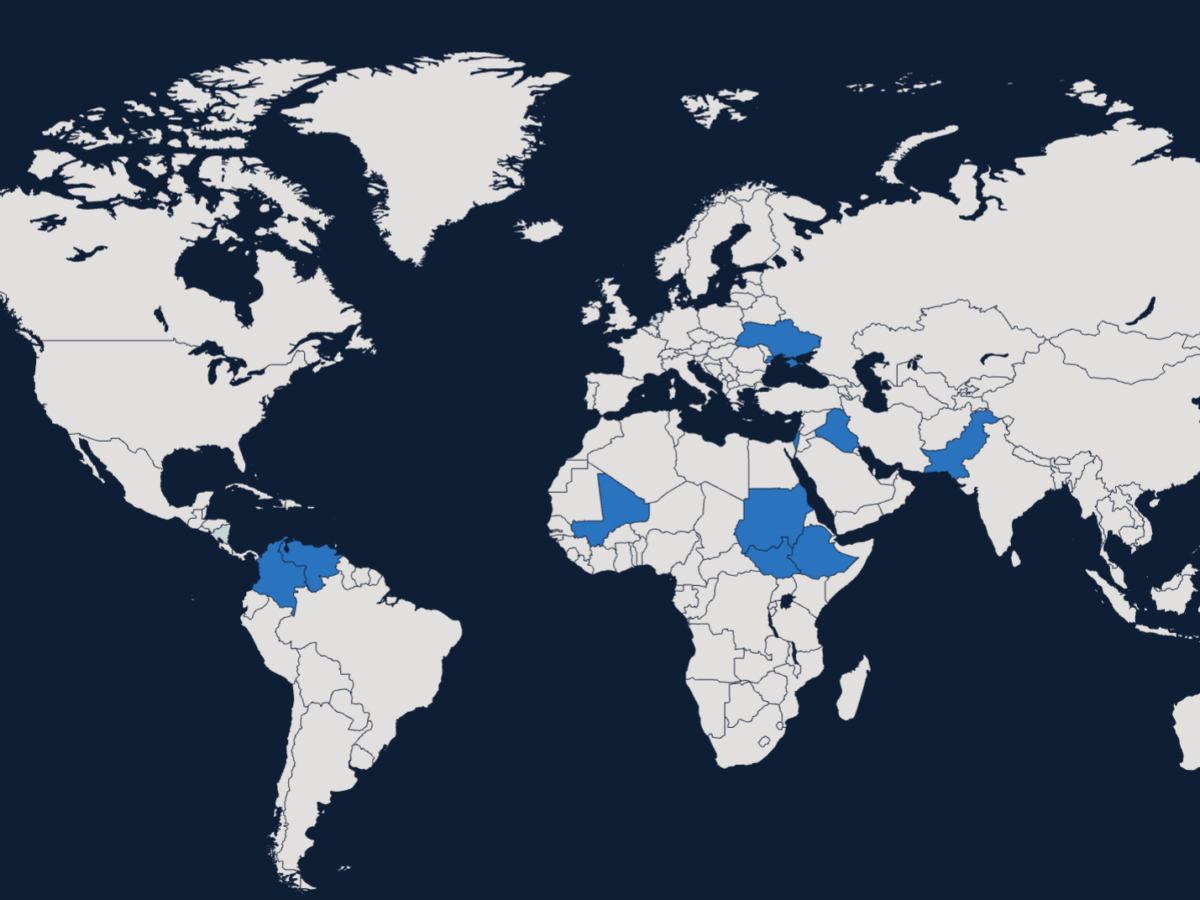The Impact of COVID-19 on Latin America and the Caribbean
Summary
Latin America and the Caribbean has become a hotspot of the coronavirus (COVID-19) pandemic, exacerbated by weak social protection, fragmented health systems and profound inequalities. COVID-19 will result in the worst recession in the region in a century, causing a 9.1% contraction in regional GDP in 2020. This could push the number of poor up by 45 million (to a total of 230 million) and the number of extremely poor by 28 million (to 96 million in total), putting them at risk of undernutrition. In a region which experienced a significant number of political crises and protests in 2019, increasing inequalities, exclusion and discrimination in the context of COVID-19 affect adversely the enjoyment of human rights and democratic developments, potentially even leading to civil unrest, if left unaddressed.
Gender equality and the empowerment of women needs to be at the core of the response: Women have been disproportionately impacted by the pandemic; largely employed in the informal and hardest-hit sectors, their ability to absorb economic shocks is less, while they have also taken on greater care demands at home as well as being more exposed to increased violence in a region with high rates of gender-based violence already. Every effort should be made to guarantee full-fledged rights of women, girls and lesbian, gay, bisexual, transgender and intersex (LGBTI) people, including the right to a life free of violence, exploitation and discrimination, the right to health and education, employment, wages and social protection, the promotion of economic autonomy and political participation.
Citation
“The Impact of COVID-19 on Latin America and the Caribbean.” The United Nations Sustainable Development Group. July 2020.
Explore More

Conflicts and Trends to Watch in 2026

Women, Peace, and Security Shadow Report to Congress: What Was Built, What…
